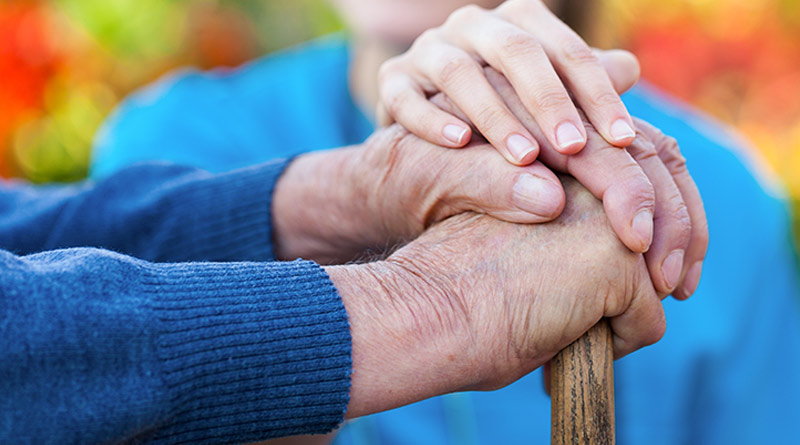Shortage Of Health And Care Services Damaging Unpaid Carers’ Health
A widespread lack of support and recognition from health and care services is damaging unpaid carers’ mental health, research from Carers UK shows.
People caring round the clock for older, disabled or seriously ill relatives do not have adequate support from statutory services that are in place to help them – leaving many steeped in thoughts of hopelessness, fear and dread.
More than a quarter (27%) of unpaid carers are in bad or very bad mental health, rising to 31% of those caring for more than 50 hours a week, or over 10 years.
84% have continuous low mood, 82% have feelings of hopelessness and 71% regularly feel tearful.
68% of carers with bad or very bad mental health are living with a sense of fear or dread.
Despite feeling they are at breaking point, nearly three quarters (73%) of these carers are continuing to provide care.
Not getting support is taking its toll on worn out unpaid carers: having to wait long periods for health treatment – or putting it off because of the demands of their caring role; being unable to rely on fragmented social care services to support with caring, and struggling financially because they cannot earn a higher income.
Helen Walker, chief executive of Carers UK, said: “Unpaid carers make an enormous contribution to society, but far too regularly feel unseen, undervalued and completely forgotten by services that are supposed to be there to support them.
“The unrelenting pressure of not being able to take breaks from caring, being able to prioritise their own health or earn enough money to make ends meet is causing many to hit rock bottom.
“Unpaid carers desperately need to be recognised and supported with their caring roles. Working with local authorities, the Government and NHS England must drive a programme of quicker and more targeted interventions to prevent poor mental health amongst carers.”
Cllr David Fothergill, Chairman of the Local Government Association’s Community Wellbeing Board said: “This research is incredibly concerning. Unpaid carers provide vital support for thousands of people every day, which councils fully recognise and want to help in any way they can.
“If we are to achieve our aspirations for all unpaid carers, who are needed in increasing numbers to address the rise in those needing care, and ensure caring doesn’t impact on a carer’s health and wellbeing, we must tackle wider issues within adult social care services.
“Councils have worked hard to try and reduce costs but immediate investment is needed in the Autumn Statement to address unmet and under-met need and ensure timely access to social care for all who need it.”
Of unpaid carers overall, more than three quarters (79%) feel stressed or anxious, half (49%) feel depressed, and half (50%) feel lonely.
65% of carers agreed that the increase in the cost of living was having a negative impact on their physical and/or mental health.
Carers UK is urging the Government to provide the necessary investment in the NHS and social care so that unpaid carers can take care of their physical and mental health. The charity is also asking the Equality and Human Rights Commission to undertake an inquiry into unpaid carers’ ability to access health services in England.
To Read report, State of Caring 2023 – The impact of caring on health.






